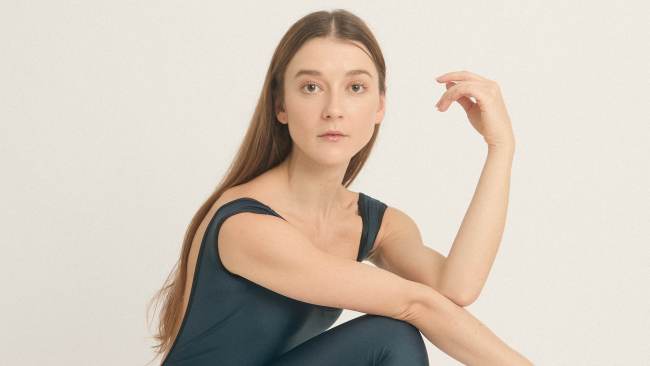How to choose sunglasses that actually protect your eyes
Without sacrificing style

Lifestyle
Don't miss out on the headlines from Lifestyle. Followed categories will be added to My News.
Looking for a new pair of shades? Here's everything you need to know about picking a pair that protects your eyes from UV radiation, according to an expert.
One of the most important accessories for anyone in Australia has got to be a pair of sunglasses.
Not only are they a crucial accoutrement for anyone sartorially inclined, but with the sun as bright – and the ultraviolet (UV) rays as damaging – as they are Down Under, protecting your eyes is high on the list of priorities.
According to new research by The Royal Australian and New Zealand College of Ophthalmologists, 10 per cent of all skin cancers occur around the eyelids, which you can’t put sunscreen on. Furthermore, one in three Australians have eye damage caused by UV radiation. Thus, sunglasses are pretty essential.
But as with sunscreen, not all pairs of shades are made equal, and choosing less protective renditions can cause risks for your health in the long run – which is neither stylish nor healthy.
To help you choose the right pair of sunglasses this summer, and stay as sun-safe as possible, we tapped Bupa Optical optometrist Karen Makin for all the must-know bits and pieces.
Like what you see? Sign up to our bodyandsoul.com.au newsletter for more stories like this.
UPF: what actually is it?
“Just like sunscreen, there are varying degrees of protection from UV radiation that sunglasses will give you,” Makin tells Body+Soul. “Sunglasses are rated by category, based upon the degree of UV protection as well as the darkness of the lenses.”
There are four categories of protection ranging from 0 to 4. “The higher the number the darker the lenses,” says Makin. “Anything labelled 2 or above will absorb 95% of UV light, and we usually recommend category 2 or 3 for everyday use.”
Category 4 sunglasses are usually reserved for special-use, including snow sports or in the desert, and are too dark to use when driving or other day-to-day activities.
Every pair of sunglasses sold in Australia must have a label confirming they conform to Australian Standards, and show the category rating of the lenses. This is the only way to know the UV protection of a pair of glasses, so without checking you cannot be sure what level of protection they offer.
“That said, the Australian Standard doesn’t apply to prescription sunglasses so if you wear prescription glasses it is best to talk to your optometrist about your options,” says Makin.
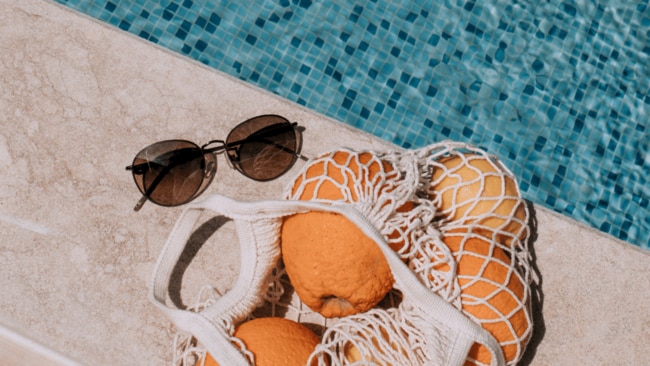
Is polarisation necessary?
When it comes to UV protection, no. But if you spend a lot of time outside or in high-glare environments,, then polarisation can be useful.
“Polarised lenses have a special filter that blocks horizontal light meaning glare is significantly reduced. That means they can enhance your vision and reduce strain on your eyes,” says Makin.
“You still get UV protection without polarisation, which comes at an additional cost, however polarised lenses are a good investment for people who are more sensitive to light or spend a lot of time driving, at the beach, by the water or generally in the great outdoors,” she continues.
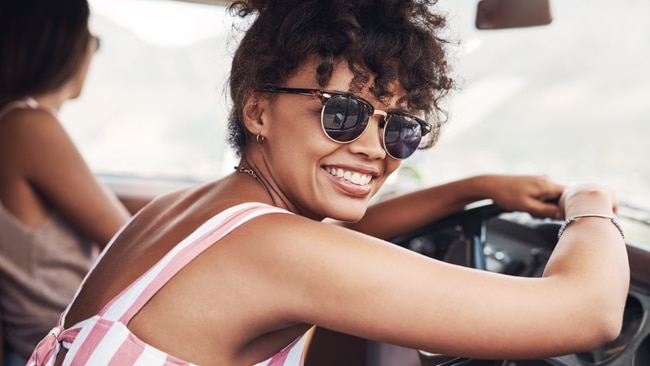
Do you have to buy good sunglasses from an optometrist?
Short answer: no. However, “it’s important to remember that while good quality sunglasses are available from a range of chemists and department stores, they don’t automatically assume they comply with Australian Standards,” says Makin.
“Many sunglasses bought online or from convenience stores are just simpler, cheaper ‘fast fashion frames’ that provide minimal protection” – i.e. more of a fashion statement than UV blocker.
That being said, many reputable stores that aren’t speciality retailers which sell great sunglasses that will protect your eyes – think trusted brands like Ray-Ban, Le Specs, Local Supply and designer shades. You just need to check the UV label to be sure what level of UV blocking you’ll get.

Top tips for picking a pair of sunglasses
Ready to invest in a pair of great shades? We asked Makin to share her top tips for picking the right sunglasses for you, that also look after your eyes.
#1. Find a pair that fits comfortably
“Don’t just buy a pair of sunglasses because they are a good price or because your favourite celebrity or influencer wears them, find a pair that sits comfortably on your face, is good quality and fits your budget and personality,” says Makin.
The best way to ensure you never wear your sunglasses is by picking ones that look great on someone else, and don’t feel right for you. Do some research and only invest when you’ve found some you love.
#2. Choose a pair that covers your eyes and the surrounding areas
To adequately protect from UV radiation, choose a pair that covers the area “around your eyes to protect this delicate skin from UV radiation,” too.
Mankin continues, “Wrap-around frames are good, because they help to block the rays from coming in at the side. And check that they are sitting close enough to your face so that light doesn’t come in behind the sunnies from around the edges.”
#3. Think of them as an investment
As with sunscreen, the best pair of sunglasses are the ones you wear every single day – so investing a few extra dollars can make a difference “to the health of your eyes in the long run,” says Mankin.
“Take your time and make sure you actually like the shape, the colour and the style… After all, sunglasses are a practical purchase but also a fashion purchase that can make a huge difference to your look.”
Need some inspiration? Here are some of our favourite sunglasses to buy now
Burberry Regular – High Bridge Fit, $493 from sunglasshut.com
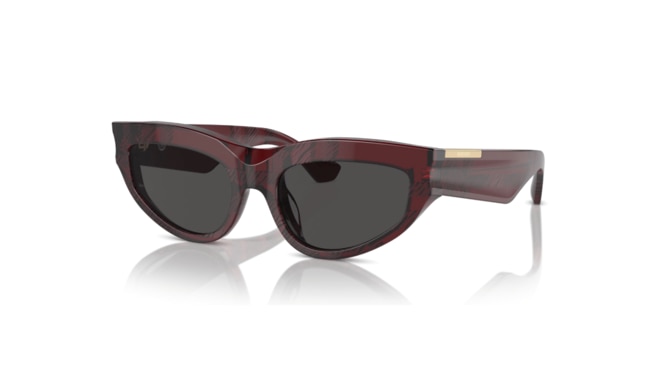
Oroton Rey Sunglasses, $229 from oroton.com
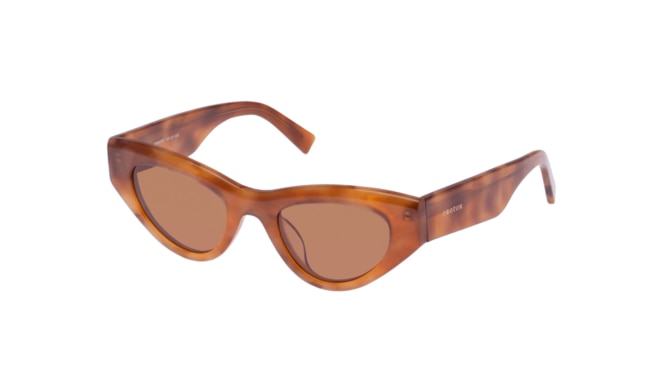
Ray-Ban Wayfarer Ease RB4340, $205 from theiconic.com.au
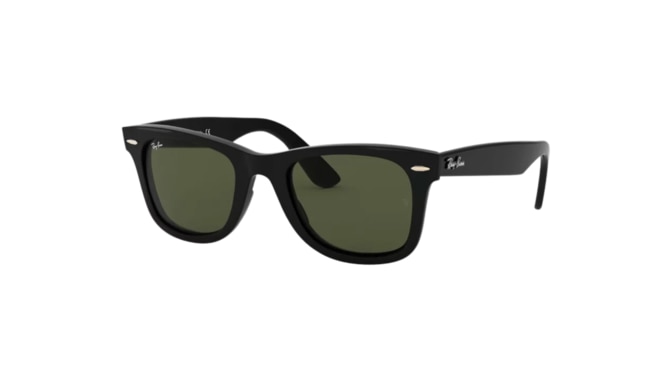
Miu Miu MU 09WS Runway, $566 from sunglasshut.com
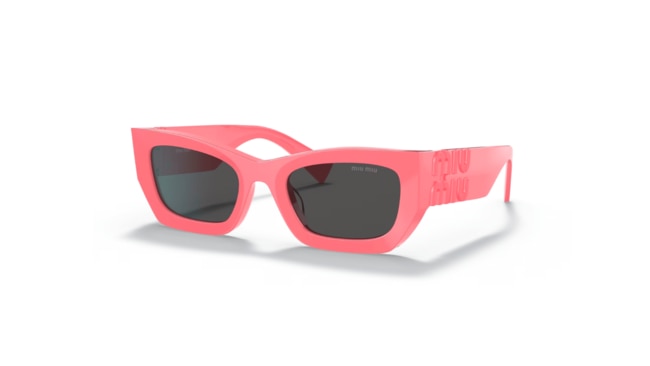
Bottega Veneta BV1031S 001, $580 from eyewearindex.com
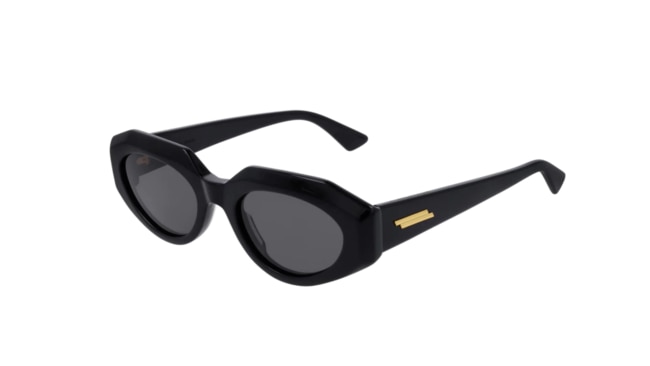
Quay Felt Cute sunglasses, $85 from quayaustralia.com
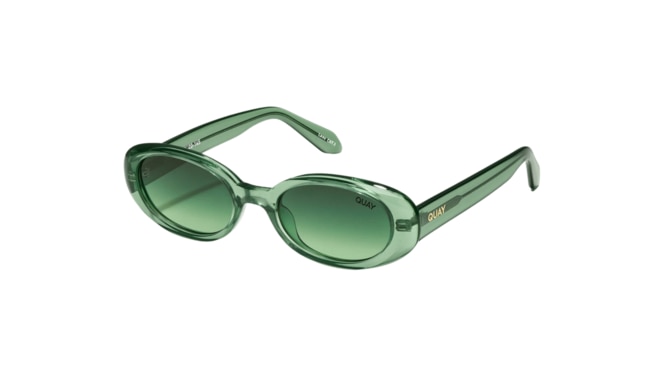
Le Specs Oh Damn! Sunglasses, $80 from eyewearindex.com
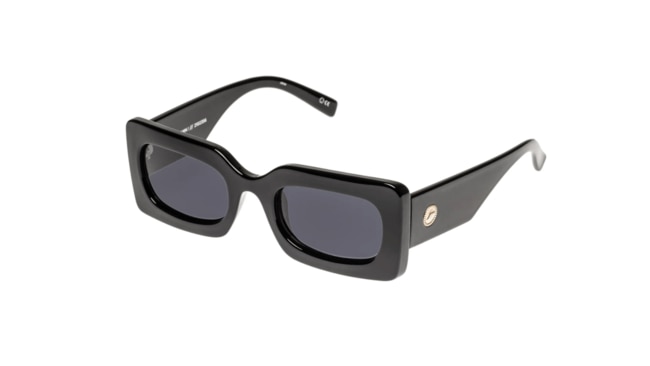
For more top picks and favourites, head to bodyandsoul.com.au/shop
More Coverage
Originally published as How to choose sunglasses that actually protect your eyes





